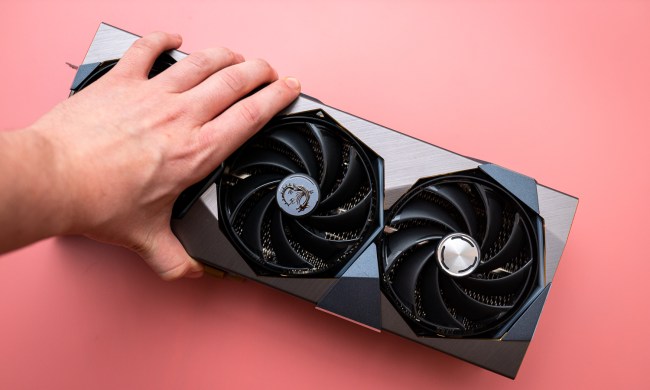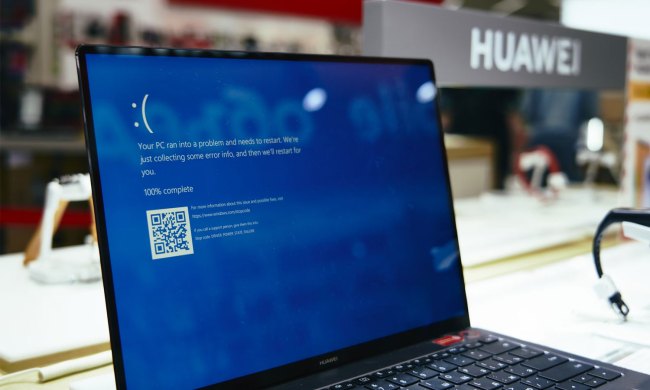 Google‘s executive chairman Eric Schmidt took the stage in Rancho Palos Verdes, California, for the D9 Conference late yesterday to give his exclusive take on the tech world. During the interview with All Things Digital‘s Kara Swisher and Walt Mossberg, Schmidt dished on the technology industry’s most important players, and took the blame for Google’s inability to successfully make it in the world of social networking.
Google‘s executive chairman Eric Schmidt took the stage in Rancho Palos Verdes, California, for the D9 Conference late yesterday to give his exclusive take on the tech world. During the interview with All Things Digital‘s Kara Swisher and Walt Mossberg, Schmidt dished on the technology industry’s most important players, and took the blame for Google’s inability to successfully make it in the world of social networking.
One of the interesting talking points was what Schmidt calls the technology world’s “Gang Of Four,” the companies with the most influence, who dominate the industry in their own special ways. Those companies are: Google, for its information; Facebook, for its relationship and identity data; Apple, for its “beautiful products;” and Amazon for online shopping. Noticeably absent from the commanding crew: Microsoft.
When the conversation steered to Facebook and Google’s still-struggling social strategy, Schmidt took the challenge head-on.
“Facebook’s done a number of things which I admire,” he said. “It’s the first generally available way of disambiguating identity. Historically, on the Internet such a fundamental service wouldn’t be owned by a single company. I think the industry would benefit from an alternative to that.”
Schmidt added: “Identity is incredibly useful because in the online world you need to know who you are dealing with.” And if Google had access to the kind of identity information Facebook has on file, “we could compute a better answer, because we’ll know more about you,” he said. “From Google’s perspective, it would be useful to have the information; it would make our products better.”
When the interviewers later asked Schmidt about his regrets during his tenure as Google CEO (a baton he recently passed to founder Larry Page), the search giant’s failure to successfully tap into the social sphere was, in fact, his failure. “I clearly knew that I had to do something, and I failed to do it,” he said. “A CEO should take responsibility. I screwed up.”
In other news: It’s rumored that Google will launch its newest attempt to tap into social media, a service called +1, sometime today. Maybe this time, it’ll stick.


